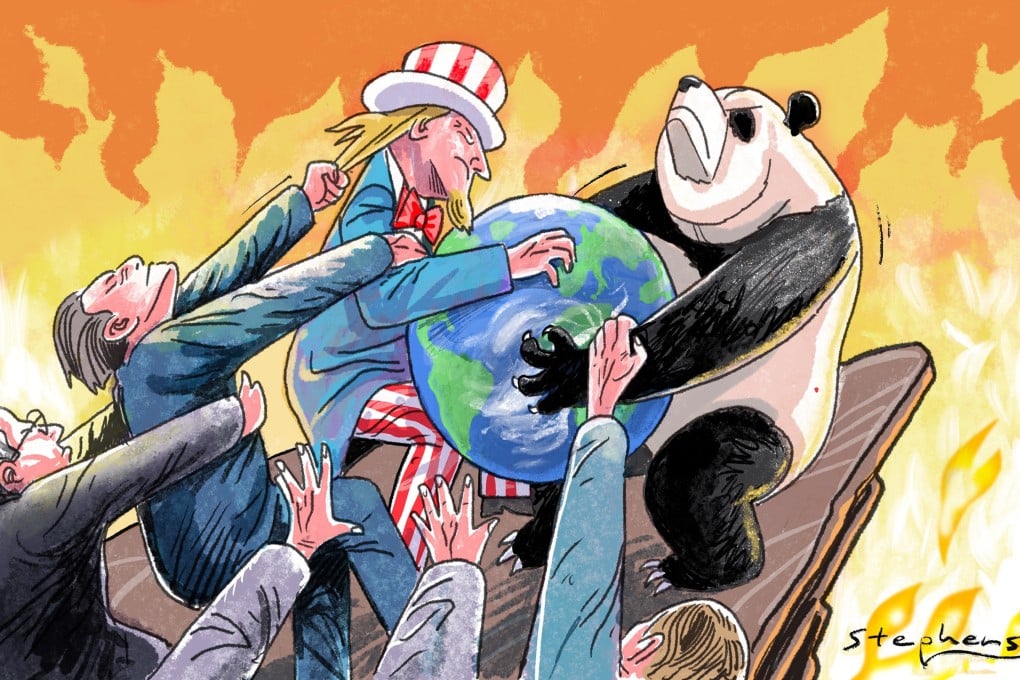Opinion | Global intervention may be necessary to pull the US and China back from brink of disaster
- The tensions between the US and China affect more than just the world’s two great powers, as everyone is a stakeholder in geopolitical rivalry
- If better leadership is not forthcoming, the rest of the world will have to step up and stage a badly needed great power intervention

Some observers asked if Greenberg’s letter should have been published in China as well, perhaps additionally signed by Chinese thought leaders. The unspoken inference appeared to be a swipe at how while these discussions were possible in the US, they would not be free to take place in China.
Such political conversation might be fairer and more open in some places than others. However, the more important question is not what China’s thought leaders might have done but what the world’s other nations think and want to say.
Most of the world’s population lives outside the US and China. The tensions between these two affect more than just the well-being of the great powers. Everyone on this planet is a stakeholder in geopolitical rivalry.
Today’s US-China tensions have disrupted trade, investment and people-to-people exchange. The upending of long-standing rules of engagement have made the global economy poorer and less stable. Greenberg and his co-signers are right to try to stage an intervention, but that intervention needs its weight magnified and its franchise extended by including not just Chinese interlocutors but the rest of the world.
